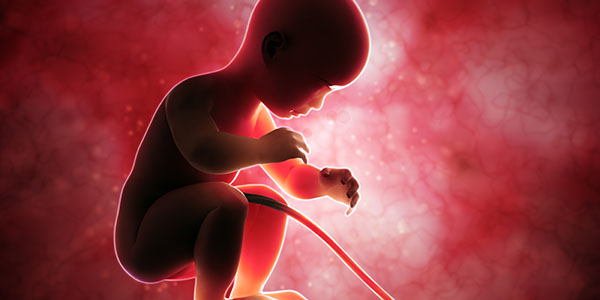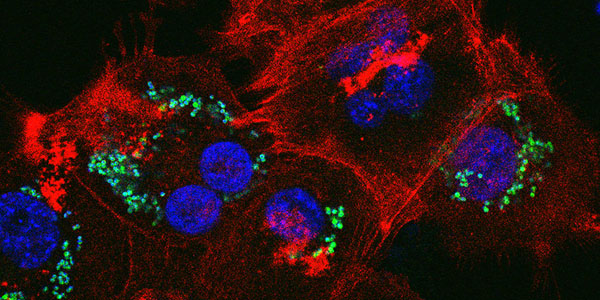 |
The MRes in Translational Biomedical Research will offer you an extensive experimental learning experience in world-class research that spans the pipeline from discovery research to translational research. You will aim to unravel the fundamental mechanisms of physiological and pathological processes with the view to translate scientific discoveries and knowledge from the laboratory into practical applications to deliver ground-breaking solutions for a healthier future for all.
|
 |
Key information
Location: Campus (laboratories based at Gibbet Hill campus or University Hospitals Coventry and Warwickshire)
Study mode: Full-time (1 year) and part-time (2 years) Application status: Open Start date: October 2025 Fees for the 2025/26 academic year: Home students: £8,004; Overseas students: £38,298 Scholarship: Competitive scholarships based on academic performance available for overseas students Contact course directors: BMS.MRes@warwick.ac.uk Expression of interest: Please complete this form |
 |
Why study MRes Translational Biomedical Research?
Train as a biomedical scientist and build an international network of researchers and future employers.
Graduate from one of the top 10 ranked UK universities.
Train under the supervision of world-leading scientists in state-of-the-art laboratories.
Gain first-hand experience of working in a research setting.
You will be well positioned to move into a range of employment opportunities in biomedical and research environments or to continue with your further studies by securing UK or international PhD positions after graduation.
|
 |
Course structure The MRes Translational Biomedical Research includes a significant research component alongside a series of supporting taught modules to further enrich your learning. Teaching is through lectures, seminars, practical workshops, peer-to-peer learning, tutorials, and laboratory-based research projects. |
 |
|
 |
Research project The MRes Translational Biomedical Research includes a significant research component, amounting to approximately 75% of the course. This is achieved by undertaking a year-long research project. As part of the application process, you are required to select two different projects either under the same research theme or two different themes. During an initial 6-week taster period, you will explore both projects and select one to continue as your main research project. |
 |
Themes 
Cell and Mechano-biology The research groups working in this theme explore fundamental molecular mechanisms and pathways in health and disease from cytoskeletal self-organisation, membrane dynamics, and tissue mechanobiology to mechanisms that underpin self-organisational events that produce multi-cellular organisms. |
 |

Reproductive Biology The research groups working in this theme cover topics including gametogenesis, implantation, miscarriage, endometriosis, labour, and pre-term birth.
|
 |

Host-Pathogen Interactions The research groups working in this theme cover topics from discovery of pathogenicity factors and host machinery involved in infection to diagnosis, prevention and immunity.
|
 |

Translational Research The research groups working under this theme aim to translate scientific discoveries and knowledge gained in a laboratory setting into practical applications to develop pioneering diagnostic and preventive technologies and deliver ground-breaking treatments for a healthier future for all (including chronotherapy, nanoparticle-based drug delivery, metabolism, surgery, neuroscience).
|







